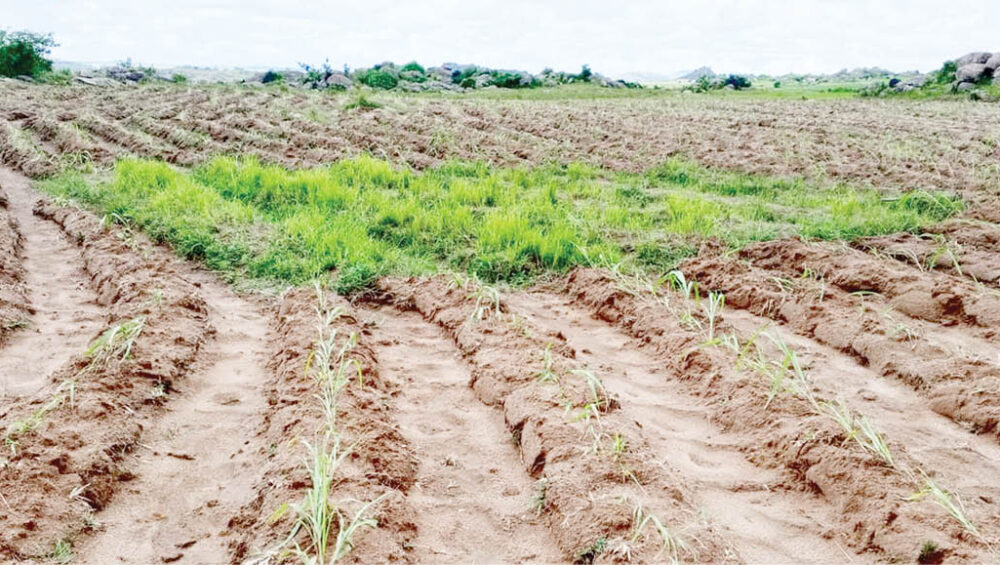Nigeria’s average cost of a healthy diet has surged to N1,346 per adult per day in September 2024, up from N1,255 in August—a 7.3% increase according to a new report by the National Bureau of Statistics (NBS) and the Global Alliance for Improved Nutrition (GAIN). Analysts and agricultural experts argue that subsidies on fertilizers and support for micro farming could be key strategies to help reduce these escalating costs, improve food security, and decrease Nigeria’s dependency on food imports. Currently, food inflation stands at a high 37.77% year-on-year, significantly affecting Nigerians’ ability to afford nutritious meals.
Kabir Ibrahim, National President of the All Farmers Association of Nigeria (AFAN), suggests that an expanded subsidy program covering fertilizers, seeds, and light mechanization tools would benefit smallholder farmers, who he describes as Nigeria’s “engine room of food security.” He pointed out that food imports, which are planned to be tariff-free, could provide temporary relief but require careful oversight to ensure benefits reach Nigerian consumers. Ibrahim highlighted that while the harvest season may bring minor price drops, a long-term solution is needed to sustain food affordability.
In a deeper look at affordability, Samson G. Simon, chief economist at ARKK Economics and Data Limited, noted that high food prices have stretched Nigerians’ incomes, with 78.3% earning below N100,000 per month according to a Nigerian Financial Services Market Report. Simon emphasized micro farming as a sustainable way for Nigerians to reduce their reliance on expensive, store-bought foods. “Many employed Nigerians still struggle with food costs due to inflation, but home-based farming can offer a buffer against these rising costs,” he said, suggesting households grow staple foods to improve dietary affordability.
The NBS report shows significant regional disparities in the cost of healthy diets, with the South-West bearing the highest average at N1,598 per adult per day, compared to N1,144 in the North-West. Osun, Ogun, and Lagos have the most expensive diet costs, reaching up to N1,661, while Katsina, Jigawa, and Kebbi present the lowest at approximately N1,043. The higher costs in the South-West may be attributed to greater transportation expenses and less favorable climate conditions impacting food production.
Olorundero Abiodun, managing partner of Prasinos Farms, attributed part of the rising costs to climate-related challenges. He noted that sporadic rainfall and flooding in the North have reduced production levels, while high energy costs continue to drive up transportation prices. “For instance, transporting beans from the North to states like Lagos now costs more due to fuel prices, which directly raises food prices,” Abiodun said. These factors, combined with inflation and limited access to affordable agricultural inputs, underscore the urgent need for policies that boost domestic food production to keep healthy diets within reach for more Nigerians.





